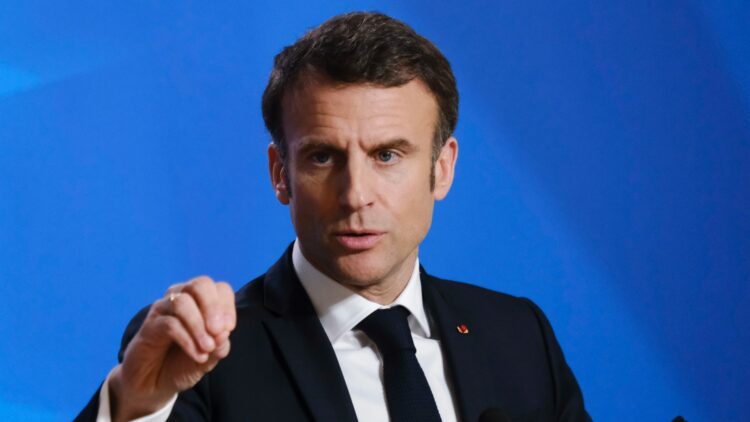France is experiencing yet another episode of pressure due to economic and political instability. Within this context of demands over the 2026 budget and criticism being leveled both inside and outside parliament, French President Emmanuel Macron announced the return of Roland Lescure to the helm of the Economy Ministry as a measure to align and address issues surrounding the budget.
Macron tries to balance politics and economics in a fragmented Parliament
The restructuring of the French government, announced on Sunday, comes after a tense week. Prime Minister Sébstien Lecornu, reappointed by Macron, had to assemble a new cabinet in record time — he lasted only 14 hours before collapsing under political pressure. In this new scenario, the return of Roland Lescure as Economy Minister is seen as a gesture of personal and political confidence from the president.
Lescure has been a close ally of Macron since the beginning of his presidency. An economist and former executive, he faces the challenge of putting together a budget plan that is considered decisive and efficient for France’s financial future. This is no small challenge, given that the government must present the 2026 plan to a divided Parliament.
2026 budget exposes France’s struggle between austerity and ongoing growth
The 2026 budget proposal is expected to be presented in the coming weeks and promises to spark criticism and debate. The European Union is putting pressure on France to reduce the public deficit, which exceeds the limits set by the group. At the same time, some social sectors and unions are demanding investments in areas such as healthcare, education, and energy transition.
Old alliances, new risks, and Macron’s attempt to avoid a total impasse
Lescure arrives with a major challenge: trying to simultaneously contain expenses without stifling growth. He took office marked by successive political crises, two of which brought down his predecessors. The recent pension reform, which raised the minimum retirement age from 62 to 64, continues to generate protests and the threat of further strikes.
Lecornu, for his part, is insisting on an approach that aims to unite different political forces. He asserts that “all debates are possible” and that his “only ambition is to get out of this situation that is painful for everyone,” promising dialogue with parties of the center. left, and moderate right.
Lescure’s return, in addition to meeting the demand needed for the 2026 budget, is also a move to help ensure an image of stability. With many international trips planned, Macron is trying to demonstrate global leadership while facing a major domestic impasse.
The lack of a solid base in Parliament forces the government to negotiate each amendment. The Republican right has already warned that it will support projects “case by case”, while the left-wing opposition promises total resistance. If the budget is not approved, the country will need to resort to emergency measures to maintain public spending starting in January.
Lescure faces the challenge of turning Macron’s economic vision into political success
Amid all the unpredictability regarding the decisions that need to be made, Lescure appears to be the man theoretically capable of translating Macron’s economic rhetoric into political results. But the challenge is big, as it will be necessary to convince both allies and opponents that France can still grow, even in times of restraint.
Roland Lescure’s return goes beyond a simple ministerial change. It is Macron’s attempt to regain control of an area that is slowly slipping through his fingers, in a divided country pressured by European commitments. Now, we must wait to understand and evaluate Lescure’s plan and whether it will achieve the goal of a balanced budget.


